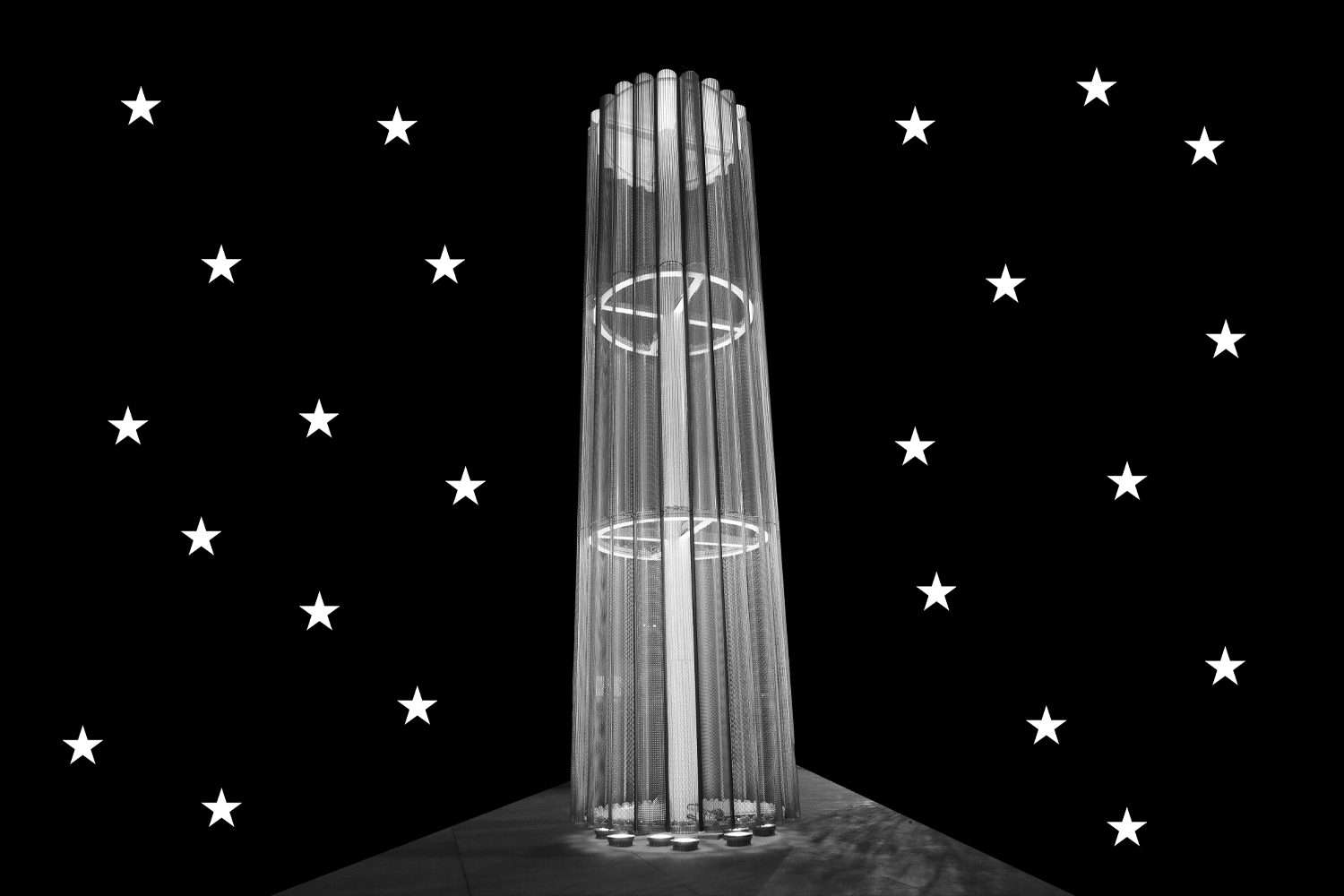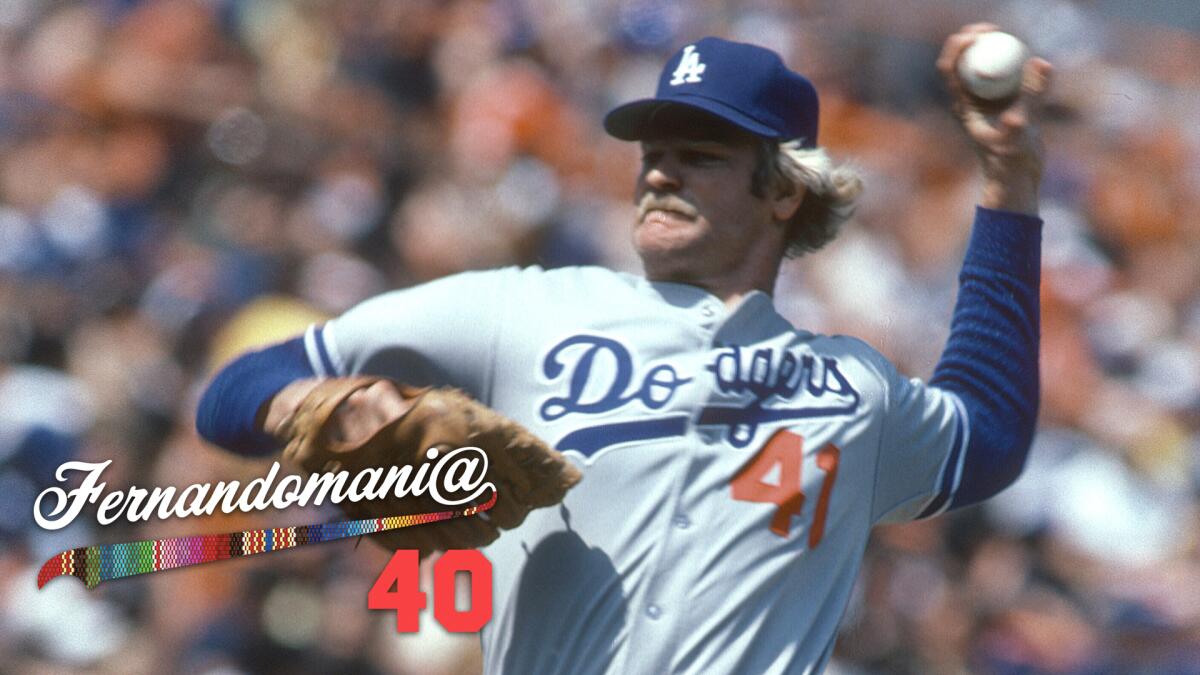Latinx Files: Remembering the El Paso mass shooting

I woke up Tuesday morning feeling angry.
I wasn’t sure where it was coming from at first, but the rage began to bubble in my chest, wanting to get out. Estaba buscando pleito.
Naturally, I did what anyone in my situation would do: I went to Twitter.
I found the root of what was making me so aggravated the moment I started doom-scrolling. My feed was full of tweets reminding me that two years ago a white supremacist from a Dallas suburb drove 10 hours to El Paso and opened fire inside a Walmart with the intention of killing as many Mexicans as possible.
He murdered 23 people — some Mexicans, others Mexican Americans and one German national who had lived in neighboring Ciudad Juarez for four decades, considering himself to be Mexican — and injured 23 more. It was the deadliest attack on Latinxs in recent history.
“They don’t care about us,” I muttered to myself, not fully sure of who exactly “they” were.
It’s not that I had forgotten what happened on Aug. 3, 2019. I knew the anniversary was coming. I just didn’t expect for my reaction to be looking back with such anger. Not wanting to tweet out anything I might have to walk back, I closed my laptop and called my friend Roberto José Andrade Franco instead.
It sounds weird to say but Roberto, who’s from El Paso, and I became friends because of what happened that day. A few days after the massacre, the sports site Deadspin published a story he’d written about how El Pasoans and Juarenses were using FC Juárez’s return to the top Mexican league as a way to start healing a wound that still hasn’t closed. I messaged him on Twitter saying how much the story had moved me, and we just kept exchanging pendejadas here and there until we were buddies.
Within minutes, Roberto found the words to describe what I was feeling.
“You feel dumb in thinking that something is going to change, especially when you look at how much of Texas history has been shaped by anti-Mexican sentiment,” he said, noting that days after the shooting, Texas Gov. Greg Abbott issued a very passive non-apology after his campaign had sent a fundraising letter using language to describe undocumented immigrants much in the same way the El Paso shooter had in his manifesto. The way Roberto saw it, if Abbott felt enough remorse to take it back, then this could be a turning point.
The Latinx experience chronicled
Get the Latinx Files newsletter for stories that capture the multitudes within our communities.
You may occasionally receive promotional content from the Los Angeles Times.
That obviously didn’t happen. Abbott’s seeming change of heart didn’t last. On Tuesday, a federal judge temporarily blocked the governor’s recent order to state troopers requiring them to stop any vehicles suspected of transporting migrants “who pose a risk of carrying COVID-19.”
“Not only has he not done anything, but we’ve gone in the opposite direction, the more dangerous direction on so many fronts,” U.S. Rep. Veronica Escobar, who represents El Paso, said of Abbott.
“They know full well that their xenophobic, racist rhetoric feeds hatred, and they know full well that that hatred fuels violence. And who are the victims of the violence? It is, we have seen in Texas, vulnerable communities like ours.”
Two years later, Roberto says he still thinks about the shooting from time to time.
“Every once in a while, I’d say every couple weeks, I find myself driving alone lost in my thoughts and I’ll see a faded and cracked ‘El Paso Strong’ sticker in the back of someone’s car, or I’ll see a mural driving past a restaurant and I’m reminded that it really happened.”
When asked if he had done anything to commemorate the anniversary, Roberto told me he attended a memorial on Monday night called “Healing Together’’ held at a community health center in El Segundo Barrio, El Paso’s historically Mexican center. It was there where he realized the grief he was feeling was communal, and that as long as there was community, there would be remembrance.
“It felt really good to try to heal with a group of people who know exactly what you’re going through. You don’t have to explain all the conflicting emotions you’re feeling because they’re feeling them, too. You can just be.”
As our conversation progressed, it dawned on me that I had called him for the exact same reason he had attended that memorial.
The anniversary of the El Paso massacre had left me unsettled. They say that anger is a secondary emotion often rooted in fear or sadness and I think that’s certainly the case here. It does make me sad that we still live in a world where hatred for someone’s skin color or ethnicity could fuel such a heinous act. And it does terrify me knowing that mass shootings are so common in this country — so much so that we’ve been desensitized to them — that this could very well happen again.
The knowledge of those two truths weighs a ton. But as Roberto pointed out, that weight is a lot easier to carry when you have others.
Our daily news podcast
If you’re a fan of this newsletter, you’ll probably love our new daily podcast, “The Times,” hosted by columnist Gustavo Arellano, along with reporters from across our newsroom. Every weekday, it takes you beyond the headlines. Subscribe on Apple Podcasts and follow on Spotify.
Another El Pasoan reflects on the massacre, or: Seriously, there might be something to this whole community thing.
My friend and colleague Iliana Limón Romero, a proud El Pasoan through and through, wrote this Twitter thread about her experience that day.
I also asked her to share her thoughts on that day. This is what she wrote:
“I’ve covered or have been in close proximity to at least three mass shootings and it’s disheartening that they just keep happening. I knew the trauma it causes for everyone in a community and was heartbroken when a gunman targeted an El Paso Walmart to kill as many Mexicans as possible. Once I knew my family was safe, I shifted to worrying about whether my hometown, known for its warmth, would be able to handle this attack without losing its welcoming spirit. The community rallied, though. Through art, very public mourning that is normal and healthy within Mexican American communities, food (always food) and faith, El Paso is still recovering but certain that it will not let a gunman change its values.”
Things we read this week that we think you should read

— A new episode of “Fernandomania @ 40” comes out next week. In the meantime, here’s a scene we couldn’t fit into the docu-series in which former Dodgers player Jerry Reuss talks about how Fernando Valenzuela’s fame actually helped the other pitchers by taking the limelight off of them.
— On Monday, Jasmine Camacho-Quinn became only the second athlete ever to win a gold medal at the Olympics representing Puerto Rico. But as my colleague Jorge Castillo writes, her win has also resulted in critics saying she isn’t Puerto Rican enough to represent the island because she was born and raised in the United States.
— And speaking of athletes not being *insert nationality here* enough to represent said country in the Olympics, Mexico’s women’s softball Olympic team is facing backlash after the squad of predominantly Mexican American players reportedly left behind their uniforms, which ended up in the trash. On Sunday, pitcher Danielle O’Toole issued an apology and an explanation, saying that luggage limitations had been partially at fault.
— One more Olympic story: I am Mexican American and during the Olympics, I keep track of how Mexico is performing at the games. They rarely medal and when they do, it’s often in speed walking. Sports reporter Kevin Baxter has this fascinating read on why that’s the sport Mexico’s really good at.
— President Biden wrote this op-ed for the El Paso Times on the second anniversary of the massacre.
— These stories about the El Paso shooting aren’t new, but they are still very much worth your time: For the Los Angeles Times, the homie Roberto José Andrade Franco wrote about the emotional football game played between an El Paso high school and the school that graduated the mass shooter. For the New York Times, my now colleague Daniel Hernandez wrote about “Amor Eterno” and how the Juan Gabriel song took on a special meaning after the shooting.
The Latinx experience chronicled
Get the Latinx Files newsletter for stories that capture the multitudes within our communities.
You may occasionally receive promotional content from the Los Angeles Times.





